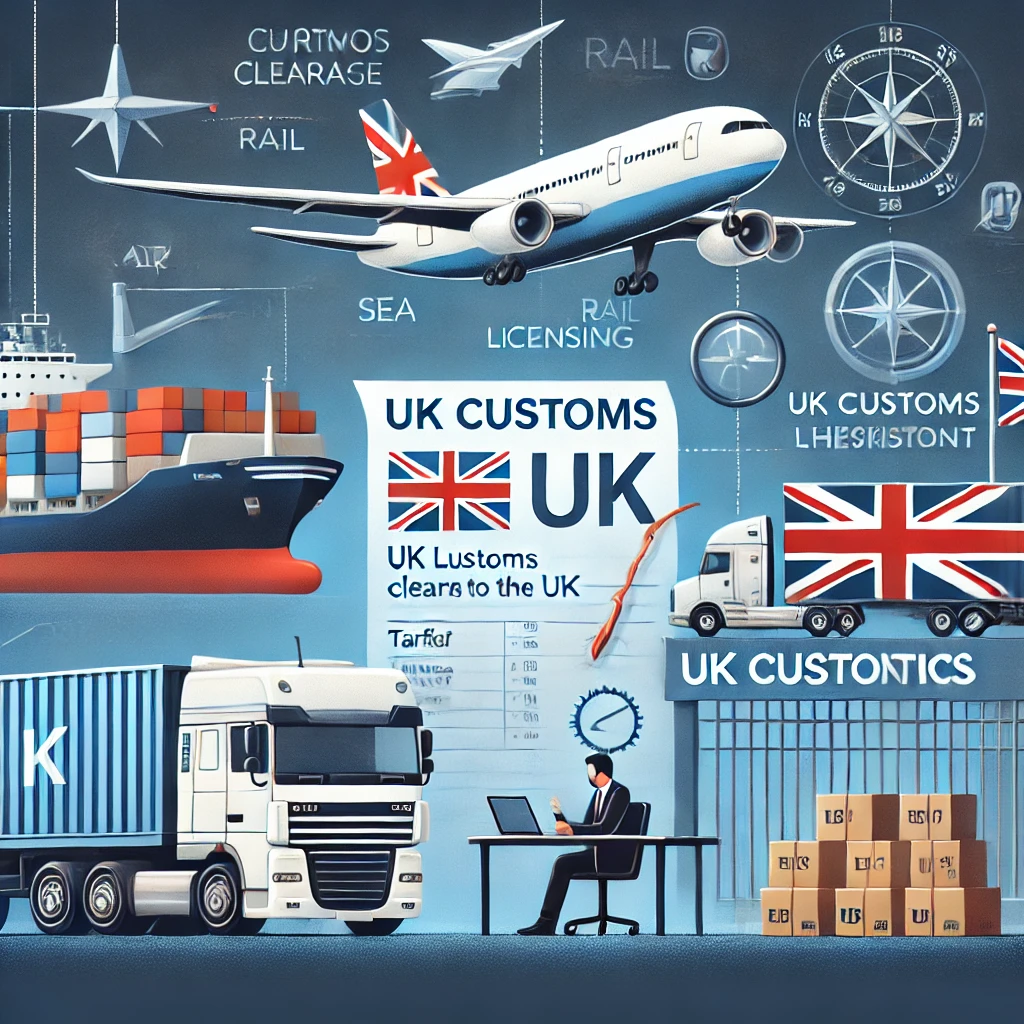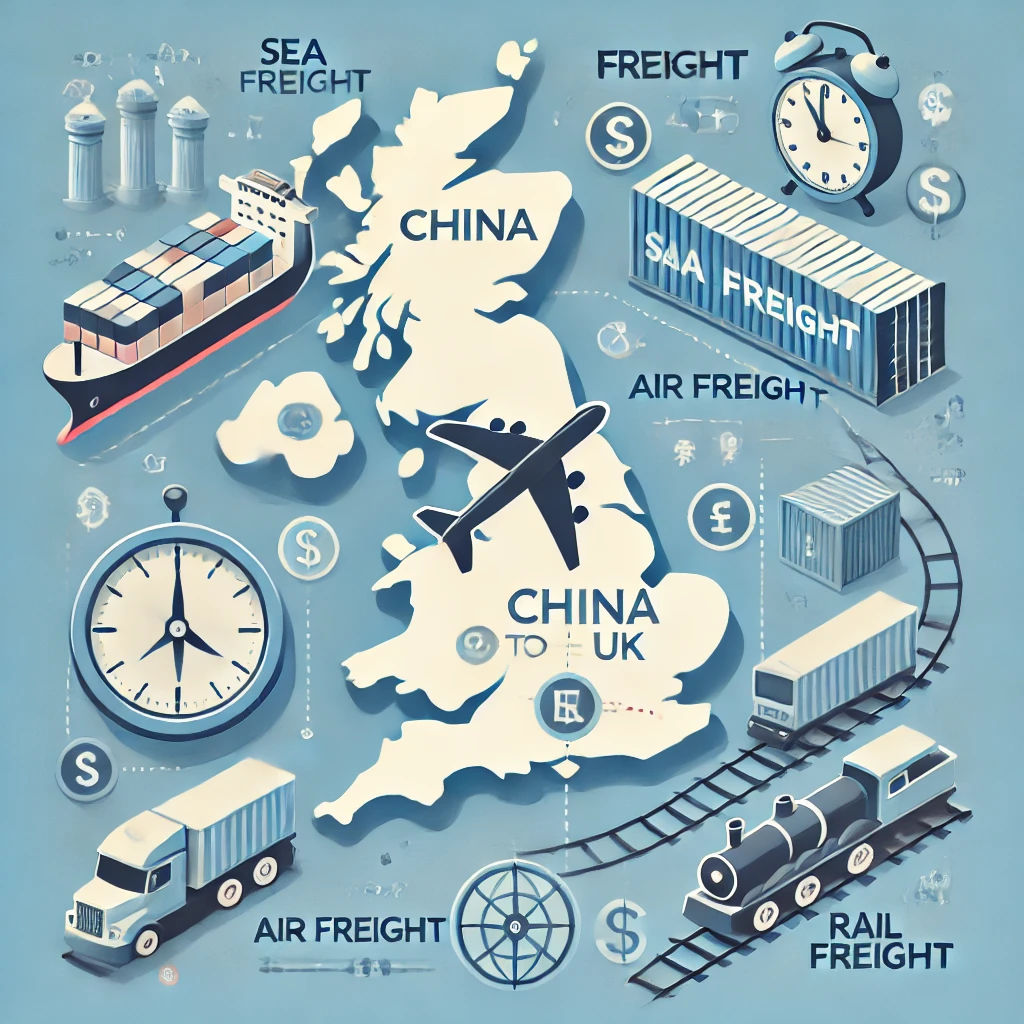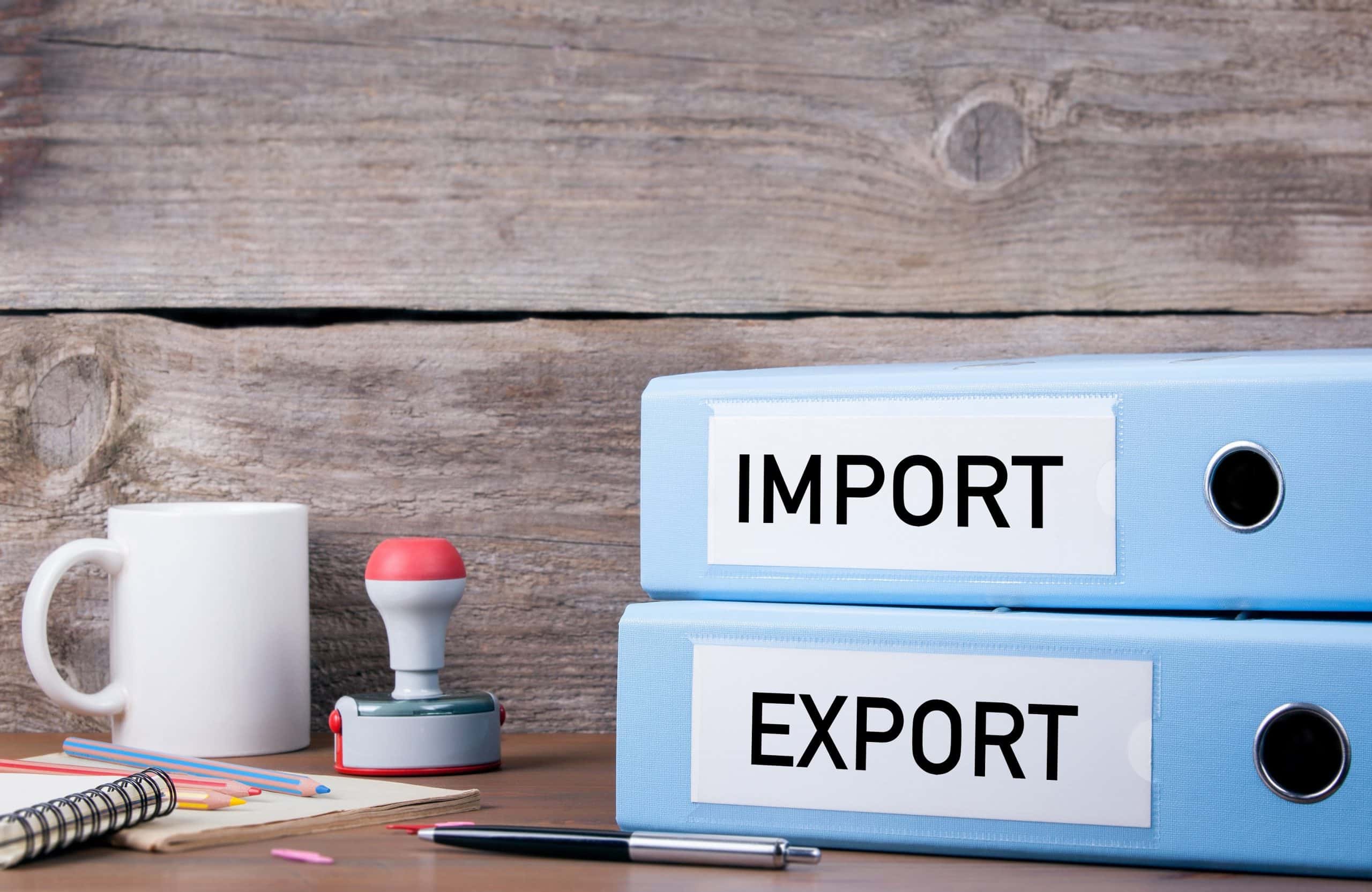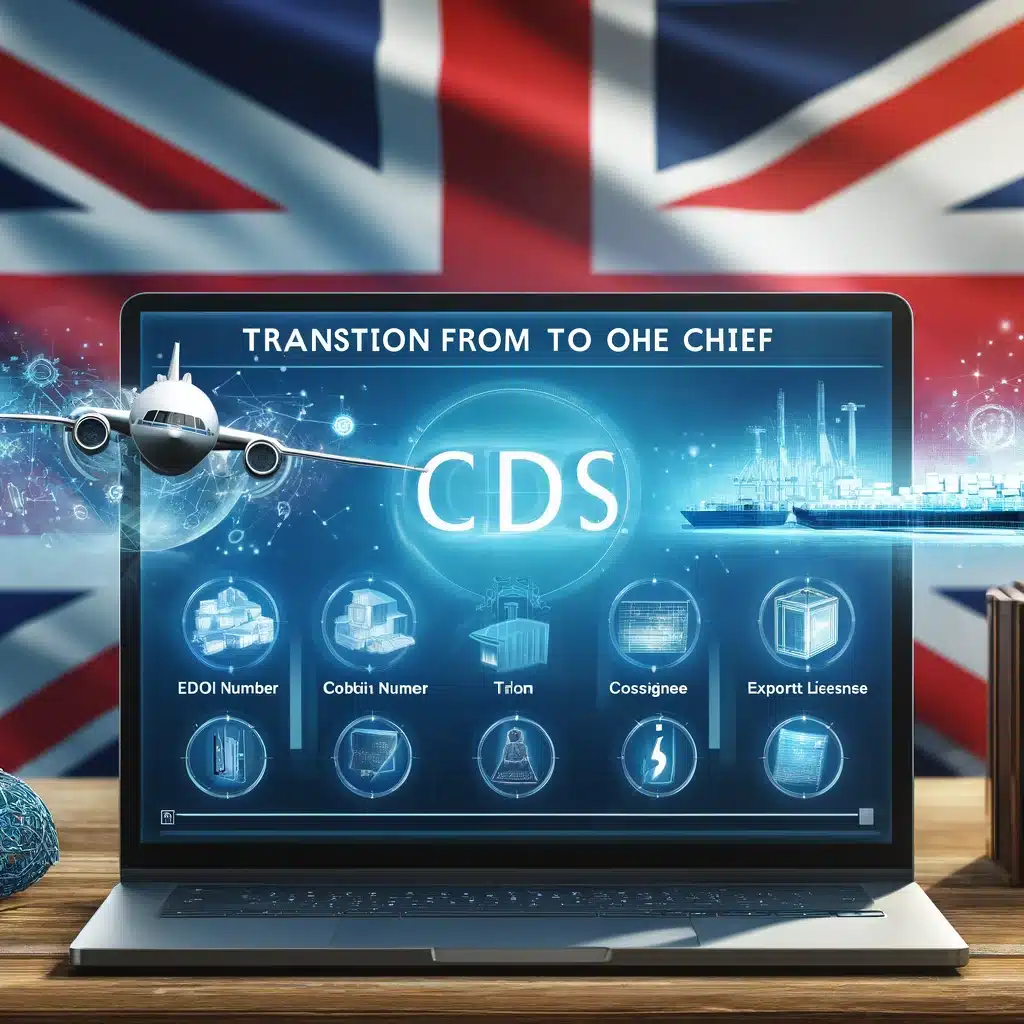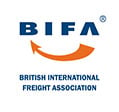The Ultimate 7-Step Guide to Import to the UK: Navigate Tariffs, Licensing & More with Milky Way Logistics
Importing goods to the UK can be a lucrative venture for businesses, but it comes with its share of complexities and regulations. Whether you’re a small business owner or a large corporation looking to expand your operations, understanding the import process is crucial for success. In this comprehensive guide, we will walk you through the essential steps of import to the UK, cover the tariff rules, restrictions, and licensing requirements, and explain how Milky Way Logistics can assist you in navigating the process smoothly.
Step 1: Research Your Market
Before starting the process to import to the UK, it’s vital to research your target market. Ask yourself the following questions:
- Is there a demand for the products you’re planning to import to the UK?
- Who are your competitors, and what are their price points?
- What are the existing UK regulations on the products you wish to import?
Thorough market research will help you avoid costly mistakes and ensure your products find their place in the UK market.
Step 2: Understanding Tariffs and Duties for Import to the UK
When you import to the UK, one of the first things to consider is import tariffs and duties. These charges are applied based on the type of goods, their value, and the country of origin. The UK Global Tariff (UKGT) provides detailed information on duties and tariffs applicable to various products.
Key Points About Tariffs to import to the UK:
- Customs Duty: This is applied based on the product category and its classification under the Harmonized System (HS) codes.
- VAT: Value-Added Tax (VAT) is applied to almost all imported goods, currently at 20%.
- Excise Duty: This applies to specific goods like alcohol and tobacco.
- Preferential Tariffs: The UK has trade agreements with several countries, which may result in lower or zero tariffs for specific goods.
To ensure you pay the correct tariffs and duties, you will need to properly classify your goods under the right HS codes. Milky Way Logistics can help you with tariff calculations and compliance to avoid delays and additional costs.
Step 3: Obtain Necessary Import Licenses and Certifications
For certain goods to import to the UK, import licenses or certifications are required for goods to be cleared through UK customs. This is particularly important for products like:
- Agricultural goods
- Medicines
- Chemicals
- Firearms
Failure to obtain the necessary licenses can result in severe penalties or confiscation of your goods. Milky Way Logistics can guide you through the licensing process, ensuring that you have all the necessary documentation to import to the UK smoothly.
Step 4: Register with UK Authorities
To start your business to import to the UK, you must register with the relevant UK authorities. Here’s what you’ll need:
- EORI Number: Every business import to the UK must have an Economic Operators Registration and Identification (EORI) number.
- VAT Registration: If your business is VAT-registered in the UK, you can reclaim the VAT you pay on imported goods.
Milky Way Logistics offers consultation services to help you get through the registration process with ease, making sure you’re compliant with UK regulations.
Step 5: Shipping & Logistics Planning
Planning how to get your goods into the UK is a critical part of the import process. You’ll need to decide whether to import by air, sea, or rail, depending on factors like cost, speed, and the nature of the goods.
Shipping Options:
- Air Freight: Ideal for high-value, low-volume goods that need fast delivery.
- Sea Freight: More cost-effective for bulk goods but slower.
- Rail Freight: A reliable option that offers a balance between cost and speed.
Milky Way Logistics can help you choose the best shipping method for your business, ensuring your goods arrive safely and on time.
Step 6: Customs Clearance
Clearing customs is one of the most complex parts of the import to the UK. You’ll need to submit accurate and detailed customs declarations to avoid delays. Customs clearance involves:
- Declaring the value and classification of your goods
- Paying the necessary duties and VAT
- Complying with any specific UK regulations for your product type
Milky Way Logistics has extensive experience in managing customs clearance for businesses import to the UK. We offer full customs brokerage services, helping you navigate the paperwork and ensure your goods are released promptly.
Step 7: Post-Import Compliance and Distribution
Once your goods are cleared through customs, it’s time to distribute them. However, you must ensure that your business complies with ongoing UK regulations, including product standards, labelling, and health and safety guidelines. Non-compliance can lead to fines or the removal of goods from the market.
Milky Way Logistics provides end-to-end logistics support, from customs clearance to the distribution of your products across the UK. Whether you’re importing for retail, e-commerce, or B2B, we ensure that your goods reach their final destination efficiently.
Tariffs, Rules, and Restrictions to Keep in Mind
When import to the UK, there are various rules and restrictions to consider:
- Product Standards: The UK has strict product standards for items like electronics, food, and chemicals.
- Restricted Goods: Some goods are restricted and require special permission, such as hazardous materials or cultural artifacts.
- Prohibited Goods: Certain goods are outright prohibited, including counterfeit goods, obscene material, and endangered species.
Failure to comply with these regulations can result in significant penalties. Consulting with logistics experts like Milky Way Logistics can help you understand the rules and avoid costly mistakes.
How Milky Way Logistics Can Help
At Milky Way Logistics, we offer a comprehensive range of services to help businesses with their import to the UK. Our expertise includes:
- Tariff and Duty Calculations: We assist businesses in classifying their products and calculating the correct tariffs and duties.
- Customs Clearance: Our customs brokerage services ensure that your goods clear customs quickly and without issues.
- Licensing and Compliance: We guide businesses through the necessary licensing and regulatory requirements.
- Shipping Solutions: Whether you need air, sea, or rail freight, we offer cost-effective and reliable shipping options tailored to your needs.
- End-to-End Logistics: From registration to distribution, we handle the entire logistics process, ensuring your goods arrive safely and on time.
Conclusion
Import to the UK involves navigating various rules, tariffs, and regulations, but with the right guidance and support, it can be a profitable endeavor. Milky Way Logistics is here to simplify the process, offering expert consulting and logistics services to ensure your import operations run smoothly. From customs clearance to shipping, we’ve got you covered every step of the way.
Get in touch with Milky Way Logistics today and let us help you successfully import to the UK with confidence and ease.
